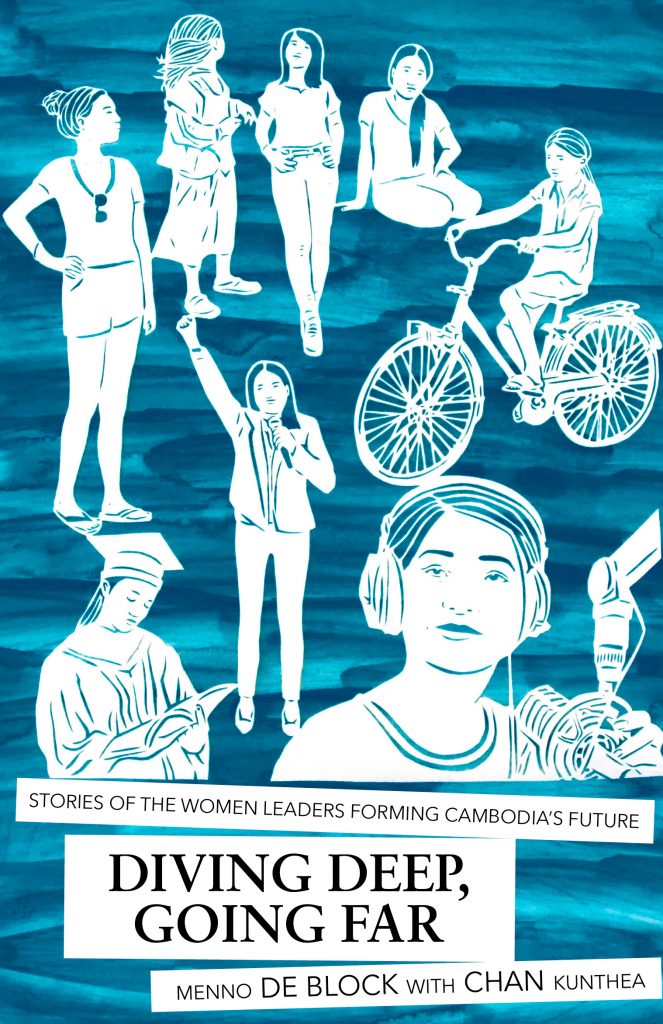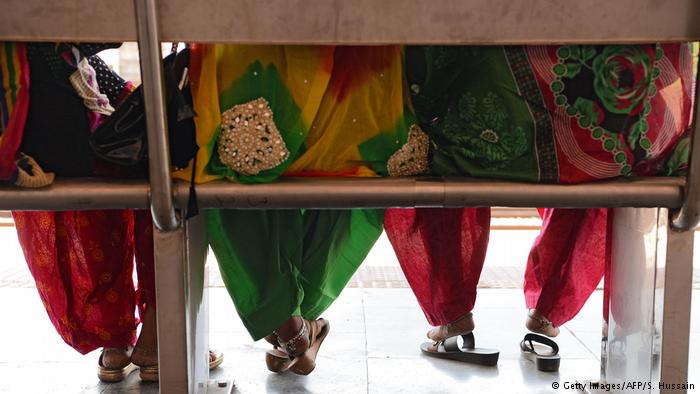Famous feminists and the struggle for equality
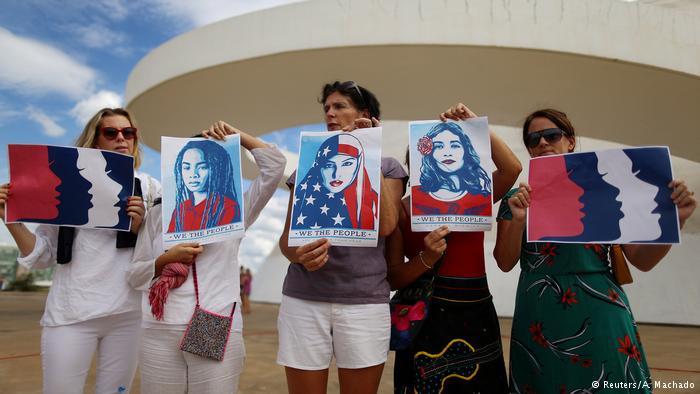 The women’s marches in January were largely held to protest Trump, but also follow in the footsteps of feminists through the ages. We look at women who’ve fought for equality.
The women’s marches in January were largely held to protest Trump, but also follow in the footsteps of feminists through the ages. We look at women who’ve fought for equality.
Alice Schwarzer (*1942)
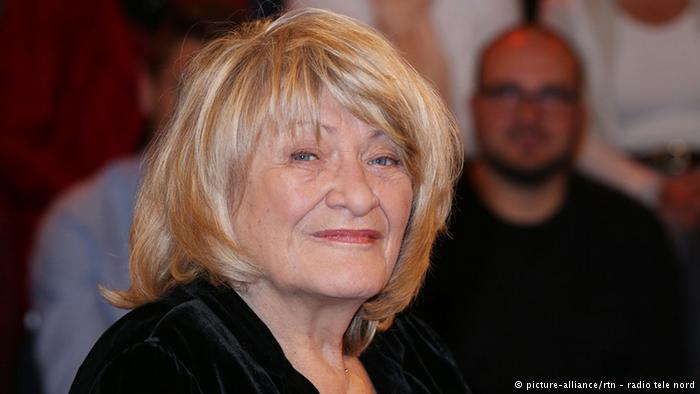 In fall 1975, Schwarzer released her book “The Little Difference and Its Huge Consequences,” in which she analyzes sex as a power play between men and women. It became a bestseller, making Alice Schwarzer the best-known and most divisive feminist in Germany. She has been publishing “Emma” since 1977. Here’s a look at women who have preceeded – and succeeded – Schwarzer in the fight for equality.
In fall 1975, Schwarzer released her book “The Little Difference and Its Huge Consequences,” in which she analyzes sex as a power play between men and women. It became a bestseller, making Alice Schwarzer the best-known and most divisive feminist in Germany. She has been publishing “Emma” since 1977. Here’s a look at women who have preceeded – and succeeded – Schwarzer in the fight for equality.
Olympe de Gouges (1748-1793)
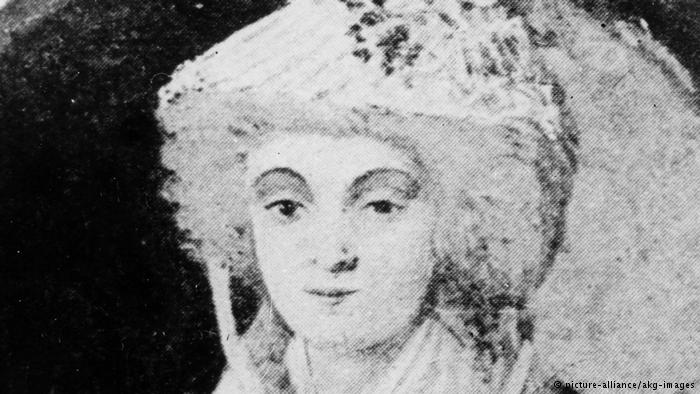 The French revolutionary was a pioneer in the struggle for women’s rights. In 1791, Olympe de Gouges wrote a “Declaration of the Rights of Woman and the Female Citizen” in response to the 1789 declaration of human and civil rights, which didn’t take women into account. In her text, she wrote that women are born free and are equal to men in all of their rights.
The French revolutionary was a pioneer in the struggle for women’s rights. In 1791, Olympe de Gouges wrote a “Declaration of the Rights of Woman and the Female Citizen” in response to the 1789 declaration of human and civil rights, which didn’t take women into account. In her text, she wrote that women are born free and are equal to men in all of their rights.
Sojourner Truth (1797-1883)
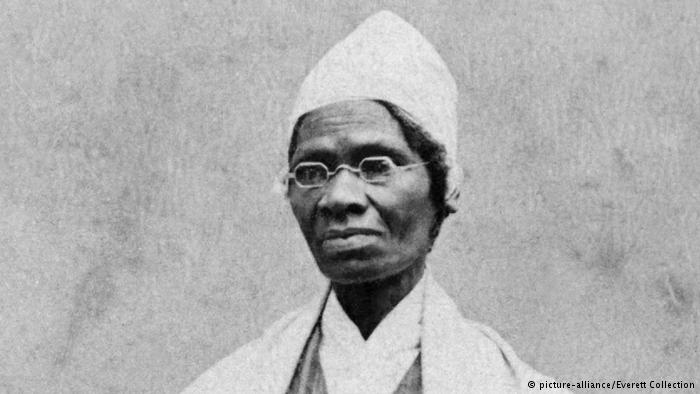 Activist Sojourner Truth made a connection between the rights of slaves in the United States and those of women. She campaigned for both the abolition of slavery and the women’s suffrage. Her speech “And ain’t I a woman?” which she held at a women’s rights convention in Ohio in 1851, went down in the history books.
Activist Sojourner Truth made a connection between the rights of slaves in the United States and those of women. She campaigned for both the abolition of slavery and the women’s suffrage. Her speech “And ain’t I a woman?” which she held at a women’s rights convention in Ohio in 1851, went down in the history books.
Louise Otto-Peters (1819-1895)
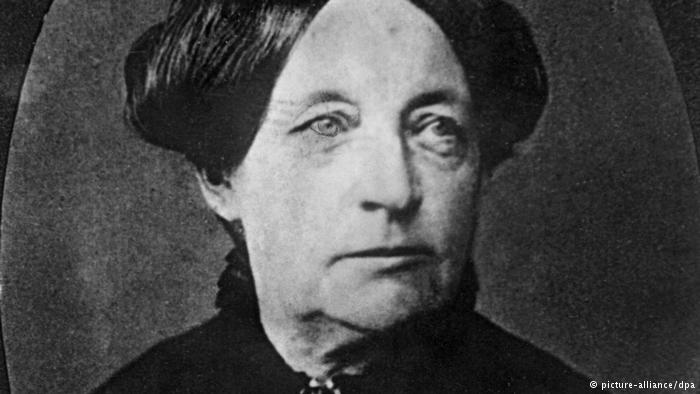 Louise Otto-Peters is considered the founder of the German women’s rights movement. In 1843, she became famous for saying, “The participation of women in the interests of the state is not a right, but a duty.” Otto-Peters co-founded Germany’s first feminist organization, the Allgemeiner Deutscher Frauenverein, in 1865.
Louise Otto-Peters is considered the founder of the German women’s rights movement. In 1843, she became famous for saying, “The participation of women in the interests of the state is not a right, but a duty.” Otto-Peters co-founded Germany’s first feminist organization, the Allgemeiner Deutscher Frauenverein, in 1865.
Hedwig Dohm (1831-1919)
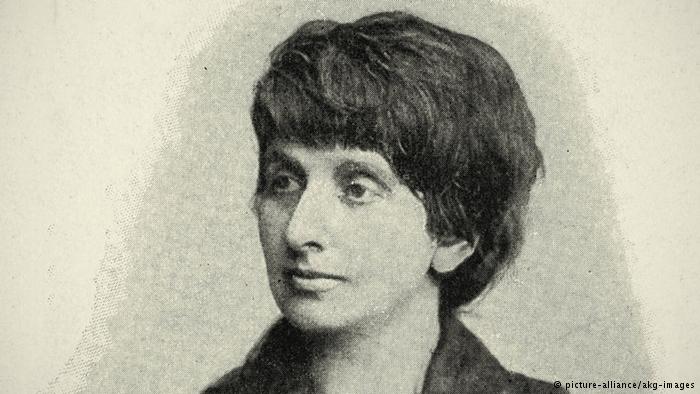 In 1874, she wrote “The Scientific Emancipation of Women.” Hedwig Dohm called for women’s suffrage and unrestricted access to universities, making her a radical pioneer of the German feminist movement. According to her motto “Human rights know no gender,” Dohm demanded equality across the board.
In 1874, she wrote “The Scientific Emancipation of Women.” Hedwig Dohm called for women’s suffrage and unrestricted access to universities, making her a radical pioneer of the German feminist movement. According to her motto “Human rights know no gender,” Dohm demanded equality across the board.
Emily Davison (1872-1913)
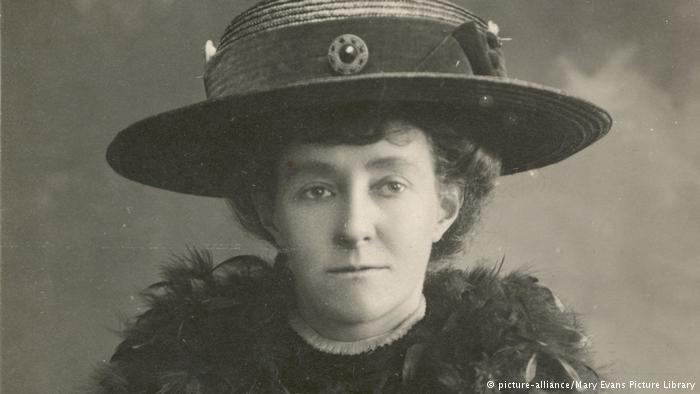 British sufragette Emily Davison was arrested eight times. The activist sometimes resorted to violent protests in her campaign for women’s rights. She was a member of the Women’s Social and Political Union, which was founded in 1903. Its motto was, “Deeds, not words.” Ultimately, Davison died a martyr. In an effort to draw attention to her cause during a horse race, she was trampled to death.
British sufragette Emily Davison was arrested eight times. The activist sometimes resorted to violent protests in her campaign for women’s rights. She was a member of the Women’s Social and Political Union, which was founded in 1903. Its motto was, “Deeds, not words.” Ultimately, Davison died a martyr. In an effort to draw attention to her cause during a horse race, she was trampled to death.
Simone de Beauvoir (1908-1968)
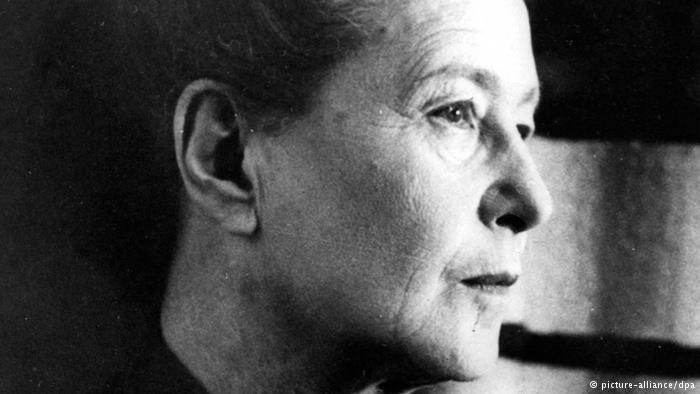 Simone de Beauvoir’s 1949 work “The Second Sex” is a milestone of feminist literature. In it, she famously wrote, “One is not born, but rather becomes, a woman.” Well ahead of her time, she was among the first to assert the thesis that gender is not a biological fact.
Simone de Beauvoir’s 1949 work “The Second Sex” is a milestone of feminist literature. In it, she famously wrote, “One is not born, but rather becomes, a woman.” Well ahead of her time, she was among the first to assert the thesis that gender is not a biological fact.
Betty Friedan (1921-2006)
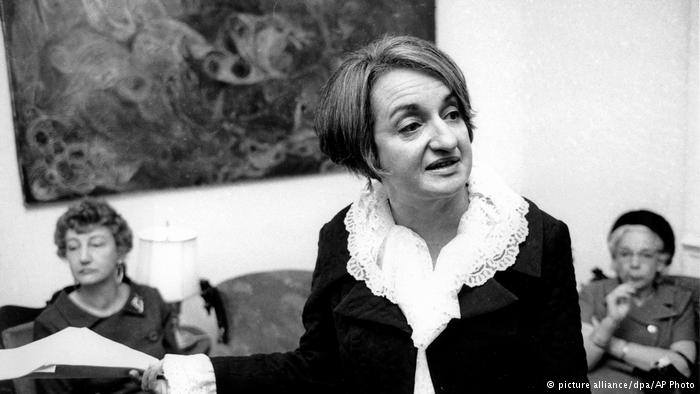 In her work “The Feminine Mystique,” Betty Friedan criticized the reduction of women to mothers and housewives. It was published in 1963 and she became an activist in the American feminist movement. In 1966, she and 27 other women founded the National Organization for Women. She would go on to spend her life fighting for gender equality.
In her work “The Feminine Mystique,” Betty Friedan criticized the reduction of women to mothers and housewives. It was published in 1963 and she became an activist in the American feminist movement. In 1966, she and 27 other women founded the National Organization for Women. She would go on to spend her life fighting for gender equality.
Judith Butler (*1956)
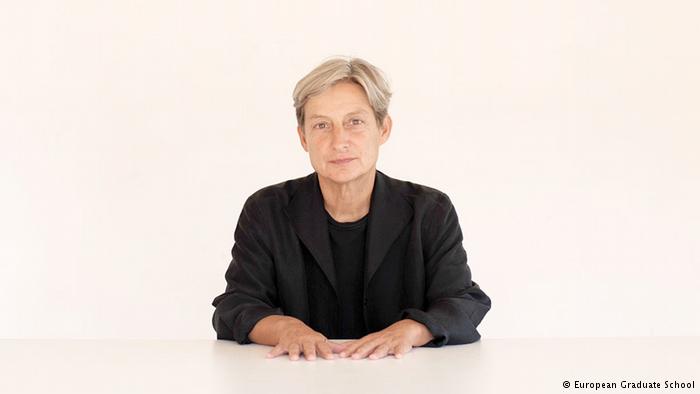 The deconstruction of gender is the central theme of Judith Butler’s work “Gender Trouble” from 1990. Her thesis is that both our learned gender and our biological sex are socially construed and our gender identity is a performance. The American philosopher became a pioneer of feminist theory in the 1990s.
The deconstruction of gender is the central theme of Judith Butler’s work “Gender Trouble” from 1990. Her thesis is that both our learned gender and our biological sex are socially construed and our gender identity is a performance. The American philosopher became a pioneer of feminist theory in the 1990s.
Mozn Hassan (*1979)
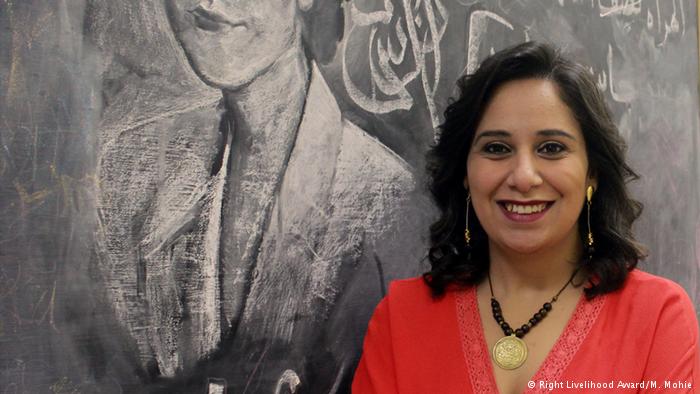 Mozn Hassan and her organization Nazra for Feminist Studies have fought for women’s rights in Egypt since 2007. During the Arab Spring, Nazra made sure that sexual harassment became a statutory offense. In 2016, the feminist activist Hassan received the Right Livelihood Award – also known as the Alternative Nobel Prize – for her work.
Mozn Hassan and her organization Nazra for Feminist Studies have fought for women’s rights in Egypt since 2007. During the Arab Spring, Nazra made sure that sexual harassment became a statutory offense. In 2016, the feminist activist Hassan received the Right Livelihood Award – also known as the Alternative Nobel Prize – for her work.
Laurie Penny (*1986)
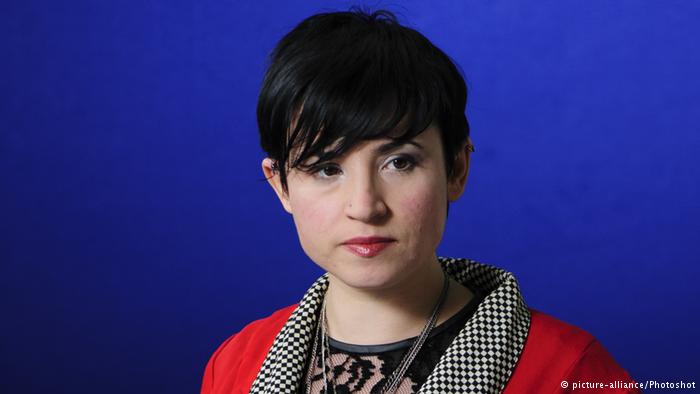 Laurie Penny of Britain is considered one of the most significant feminists of our time. Her works “Meat Market” and “Unspeakable Things” criticize the sexualization and sexual suppression of women and the idea of romantic love. Penny works as a columnist and journalist for “The Guardian,” “the Independent,” “New Statesman” and others.
Laurie Penny of Britain is considered one of the most significant feminists of our time. Her works “Meat Market” and “Unspeakable Things” criticize the sexualization and sexual suppression of women and the idea of romantic love. Penny works as a columnist and journalist for “The Guardian,” “the Independent,” “New Statesman” and others.
Margarete Stokowski (*1986)
 She is also known as the “German Laurie Penny.” Margarete Stokowski’s debut book “Untenrum frei” (“Free down below”) discusses power, mechanisms of sexual suppression, gender roles assigned be society and how small freedoms relate to larger liberties. The “Spiegel” columnist’s main thesis is that we can’t be free at the top if we’re not free down below – vice versa.
She is also known as the “German Laurie Penny.” Margarete Stokowski’s debut book “Untenrum frei” (“Free down below”) discusses power, mechanisms of sexual suppression, gender roles assigned be society and how small freedoms relate to larger liberties. The “Spiegel” columnist’s main thesis is that we can’t be free at the top if we’re not free down below – vice versa.
Author: Lina Friedrich (kbm)
_____
WTO RECOMMENDS
Icons of emancipation: women of the 60s and 70s
An exhibition at the Kennedy Museum features portraits of iconic women from the 60s and 70s, exploring their influence on social equality and showing the shift from traditional housewife to independent, working woman. (From September 6, 2016)
Women in science – more complex than men think
Of the 900 Nobel Prizes since 1901, only about 50 have gone to women. This has nothing to do with women’s abilities as scientists. The problem is, there are still far too few women doing science. (From June 28, 2016)
Social and feminist commentary through Indian Vintage Art
Royal Existentials is a weekly web-comic series that uses Indian vintage art and imagery as a backdrop for contemporary dialogues. Members of the Mughal family contemplate on conflict, problems of patriarchy and feminism. The miniature paintings tell ironic stories of Queens and Handmaidens who talk about smashing Patriarchy. Roma Rajpal Weiß, WTO Reporter spoke to Aarthi Parthasarathy, the Bengaluru-based author of the series on what inspired her to do the series. (From August 20, 2015)





